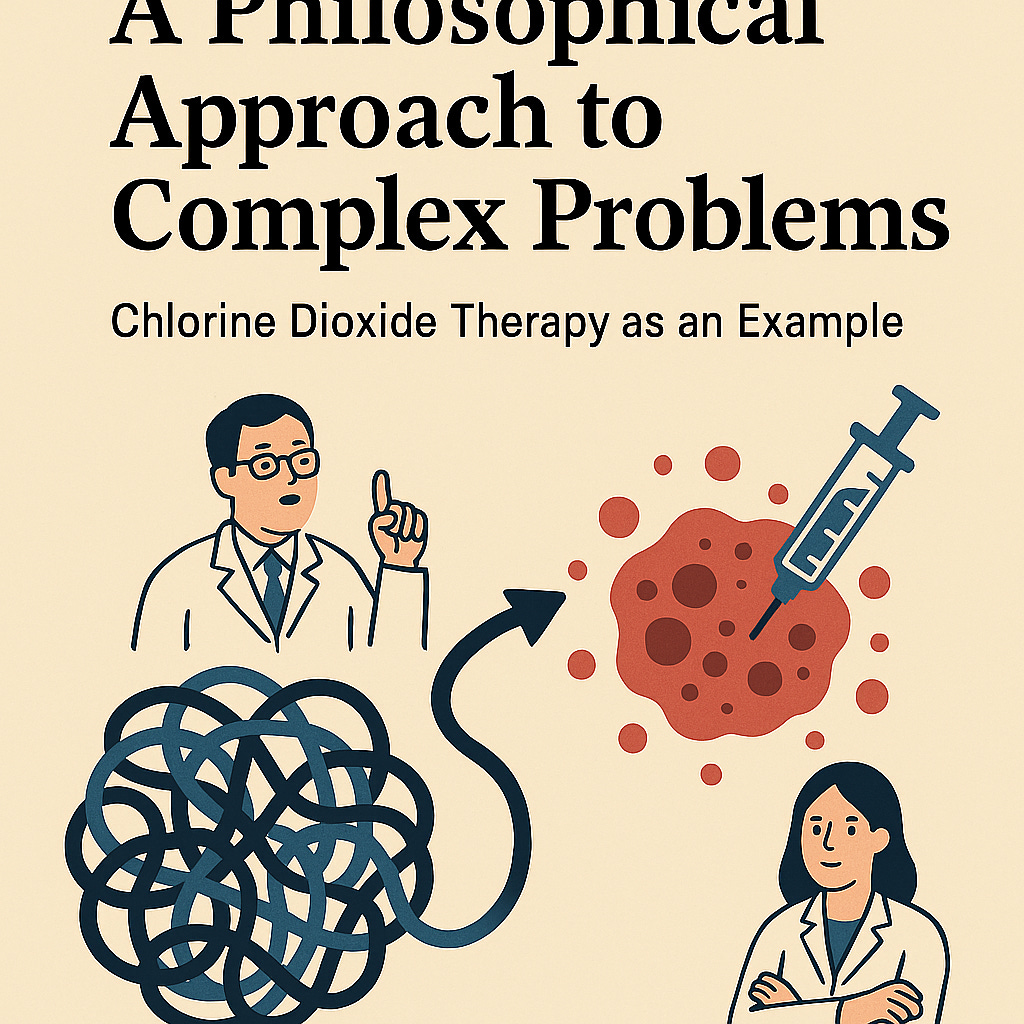The Complexity Lock Principle: A New Philosophy for Solving Cancer
Introduction: A Century of Illusion
Over the past 100 years, modern medicine has thrown trillions of dollars, millions of papers, and countless hours of research at cancer—yet the basic prognosis for many solid tumors remains unchanged. Behind the sophisticated imaging, genetically tailored drugs, and artificial intelligence hype lies a disturbing truth: we have not meaningfully advanced the ability to cure cancer.
Why?
Because the medical system is built on a false assumption: that ever-increasing complexity in understanding leads to better outcomes. It does not. Complexity produces explanations, not solutions. It produces grant money, not cures. And most of all—it produces authority that resists change.
The Complexity Lock Principle
I propose a new way of thinking: The Complexity Lock Principle.
“You cannot solve a complex system. You can only lock it to a layer where outcomes become predictable.”
This is not a rejection of science. It is a rejection of the superstition that full mechanistic understanding is required before effective action can be taken.
In cancer, this principle implies: we do not need to understand every pathway, mutation, or microenvironment interaction. We need to find a level where intervention produces a consistent, controllable result.
This is how real engineering works. This is how aviation works. And this is how medicine must work—if it ever wants to truly defeat cancer.



